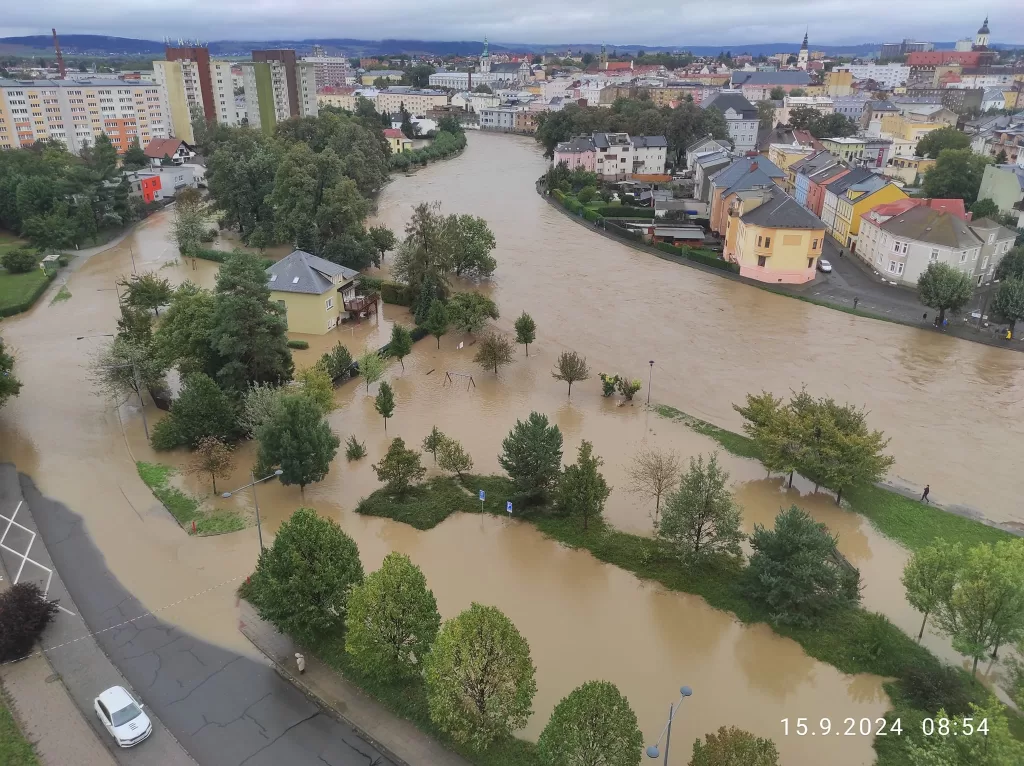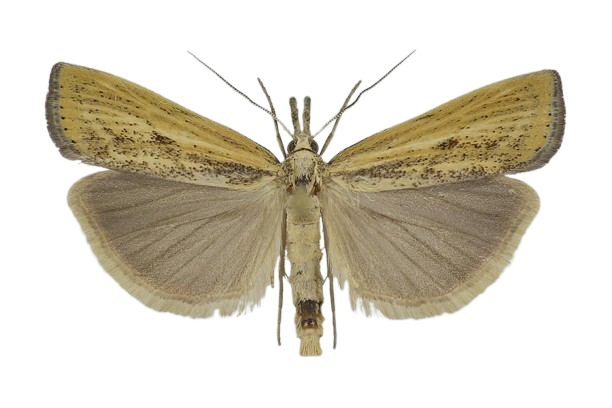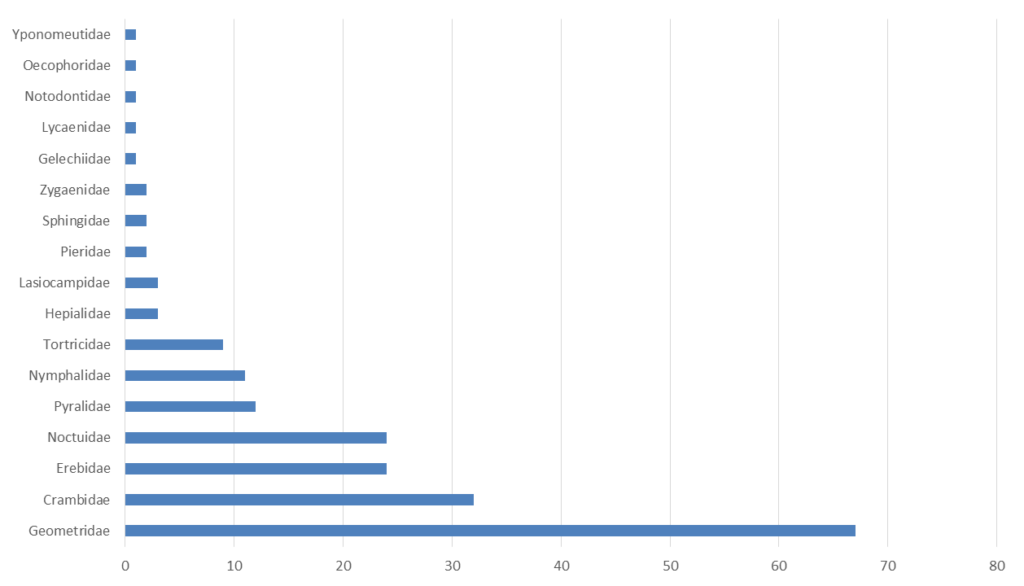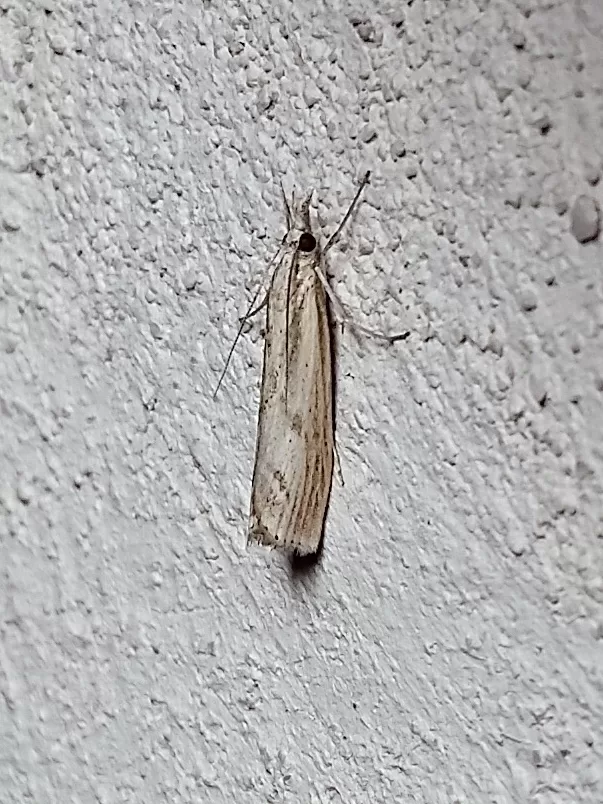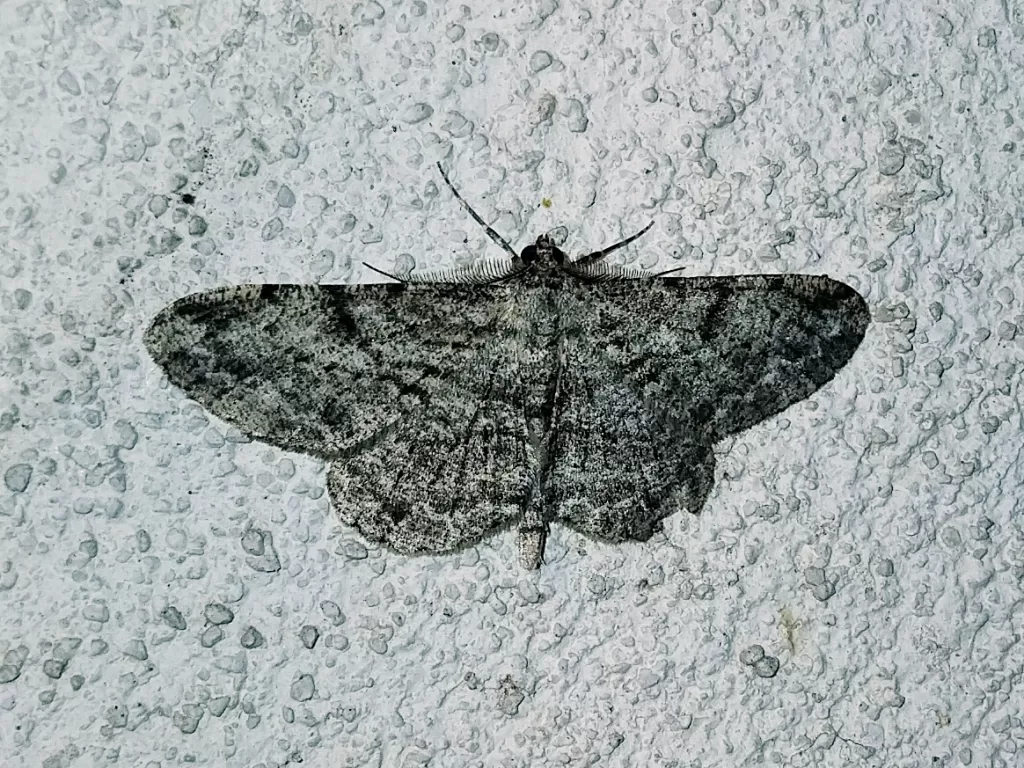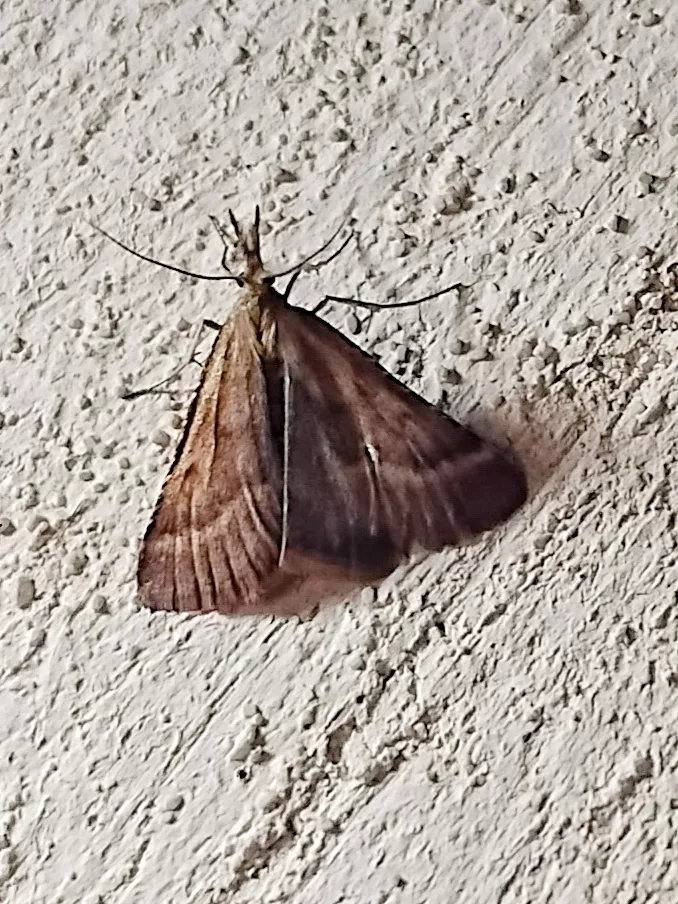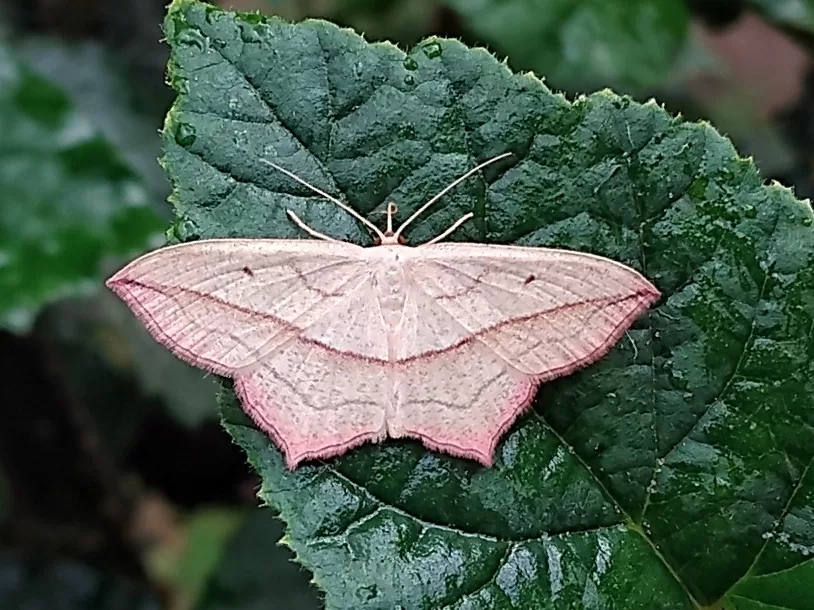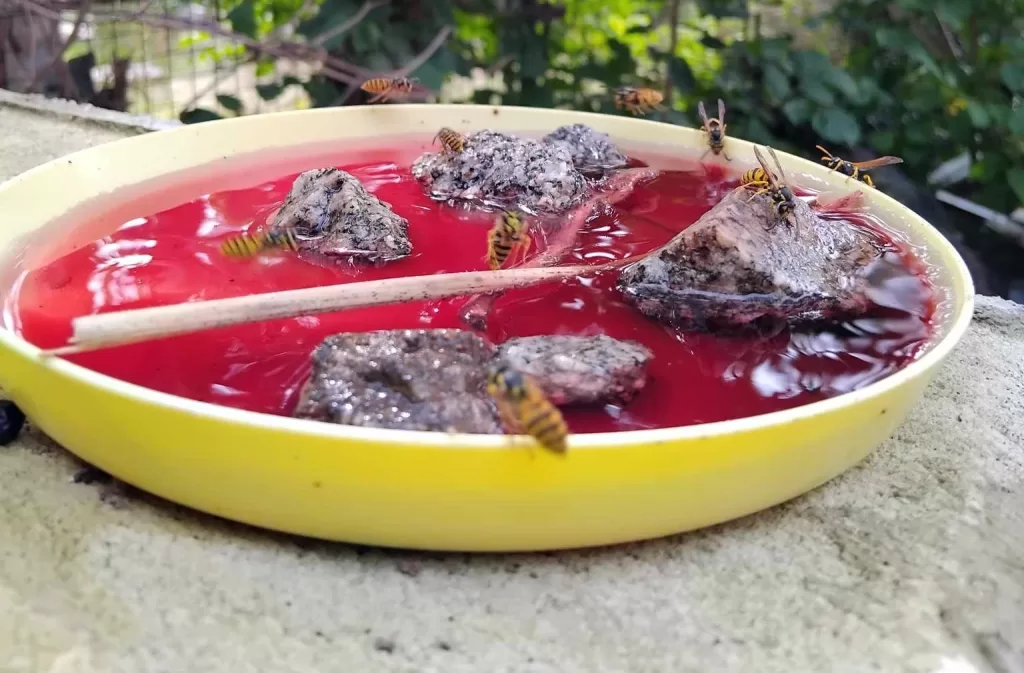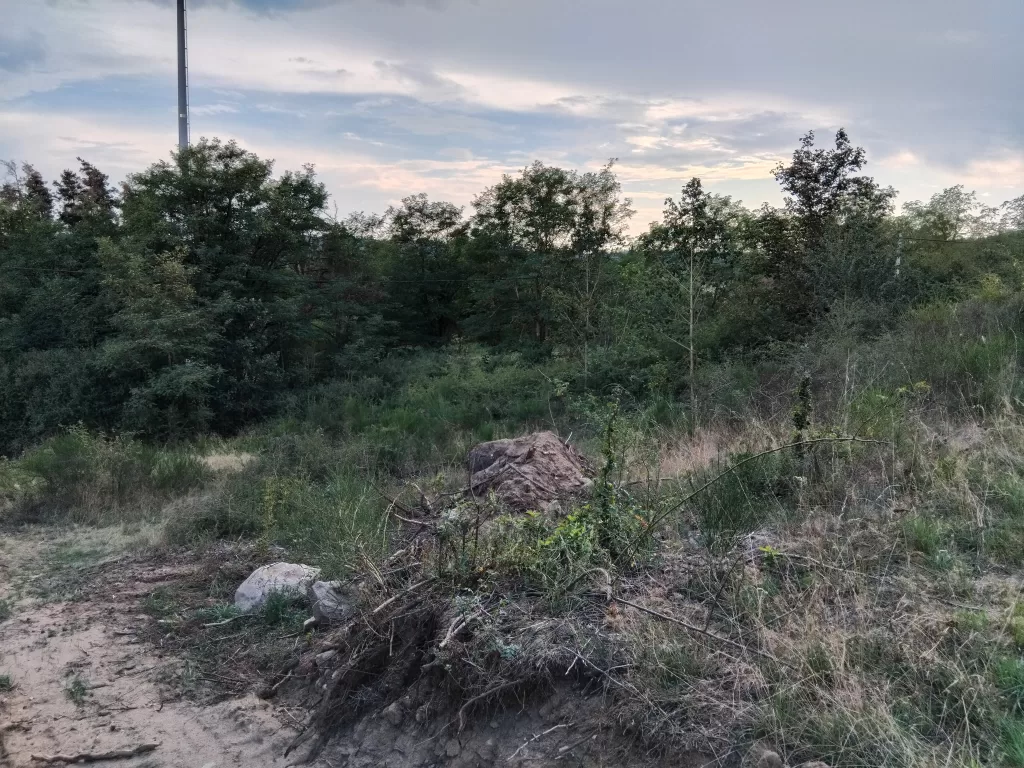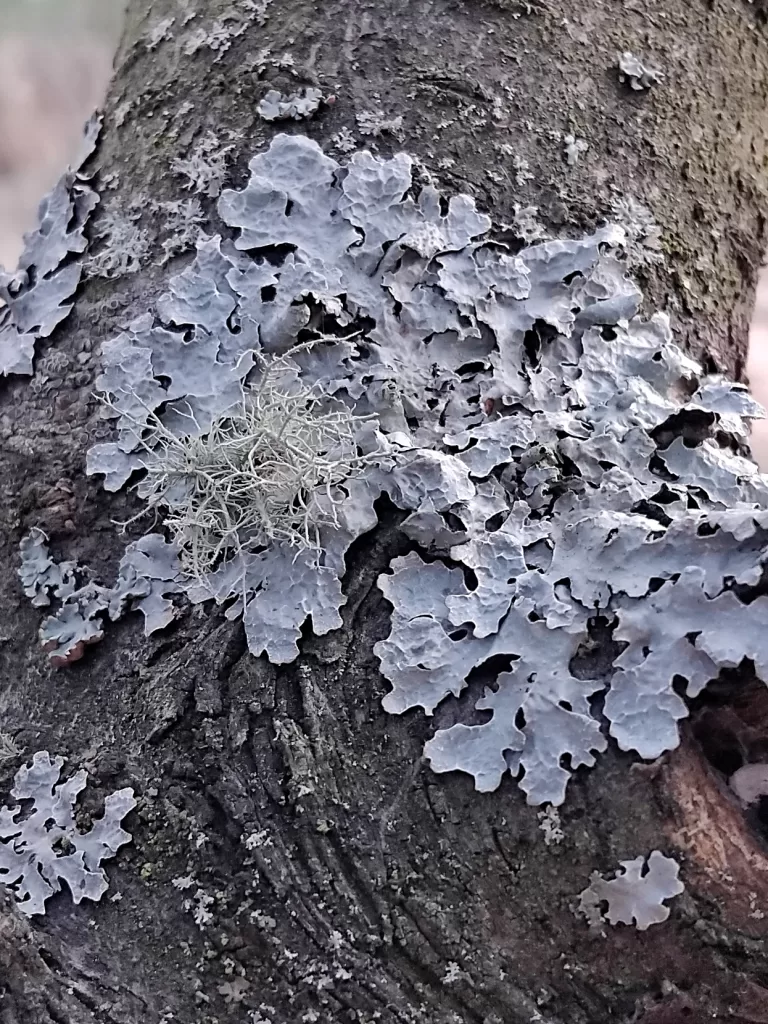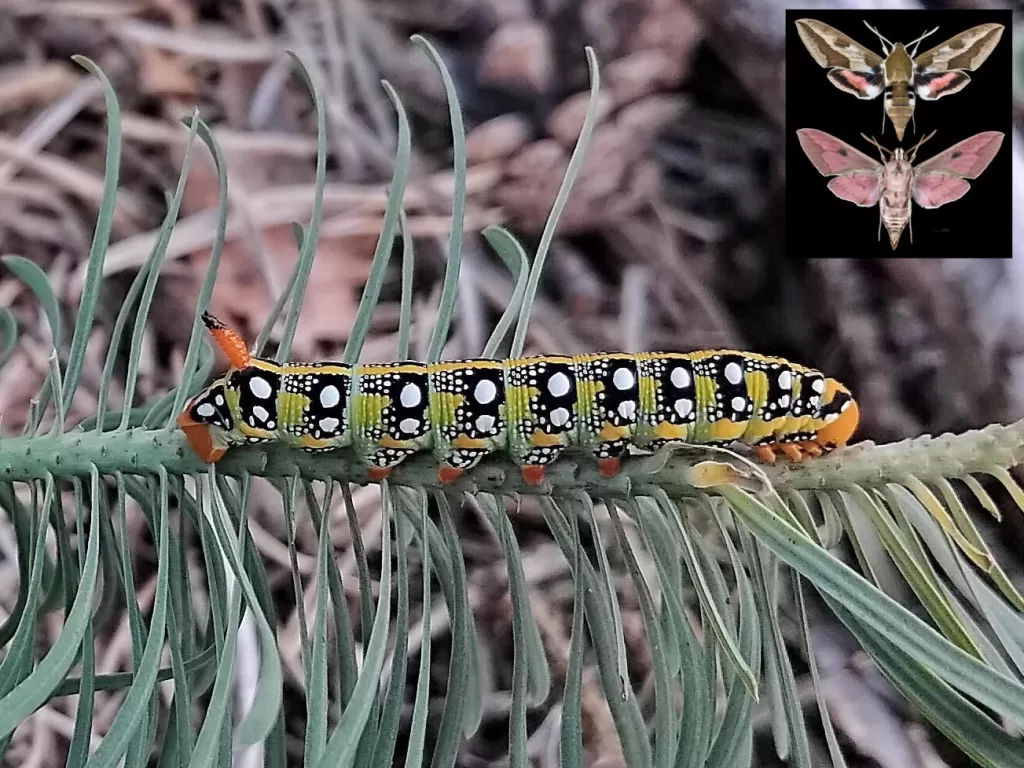In recent years, the debate surrounding home births has intensified in the Czech Republic, a country known for its excellent perinatal care outcomes without any religion-driven bias. Debates about home births on social media are often very heated. Women who choose to give birth at home are considered irresponsible and called with disdain eso-mothers (esotericism) or bio-women, that rely on the dubious practices of alternative medicine and anything “natural”. As skeptics committed to evidence-based approaches, it’s crucial for us to examine this issue critically and unbiased, considering the available data and expert opinions from the medical community.
The Current Situation
The Czech Republic has long been recognized for its outstanding perinatal care, with outcomes comparable to those of the most developed countries in the world. However, a small but growing number of women are choosing to give birth at home, challenging the established medical system and raising concerns among healthcare professionals.
One of the primary challenges in assessing the safety of home births in the Czech Republic is the lack of comprehensive official data. While the Czech Statistical Office (ČSÚ) and the Institute of Health Information and Statistics (ÚZIS) collect data on births in healthcare facilities, there is no systematic collection of data on planned home births. This crucial gap in information makes it difficult for researchers and policymakers to be able to accurately assess the risks and outcomes associated with home births in the country.
The Czech medical community has taken a strong stance against home births. In March 2012, the Scientific Council of the Czech Medical Chamber issued a statement warning that an increase in home births could potentially worsen perinatal care outcomes in the Czech Republic, potentially bringing them down to the level of less developed countries. They argue that this could jeopardize the country’s reputation for excellent perinatal care.
Dr. Vladimír Dvořák, the president of the Czech Gynecological and Obstetrical Society, emphasizes the potential risks: “A birth that starts physiologically can become complicated. These complications are sometimes sudden, acute, and need to be addressed immediately. This treatment is usually not possible in an apartment.”
Despite the medical community’s concerns, a small but significant number of women in the Czech Republic are choosing home births. Research indicates that these women tend to have higher education levels and are accustomed to seeking out and critically evaluating information.
Key findings about women choosing home births include:
1. 83% of women acknowledge the risks associated with planned home births (86% for those with university education).
2. 92% have a backup hospital selected in case of complications.
3. Most women participate in some standard medical examinations during pregnancy, such as ultrasounds and blood tests.
4. 91% of women who had home births reported being very satisfied with their experience.
The primary reasons women cite for choosing home births are often related to perceived barriers in hospital settings:
1. 92% object to routine interventions in hospitals.
2. 85% are concerned about how hospital staff treat women.
3. 80% oppose the level of medicalization in Czech obstetrics and healthcare in general.
4. 79% wanted more control over their birth experience and care providers.
5. 71% felt that home birth was a rational choice after weighing pros and cons.
It’s important to note that these motivations often stem from negative perceptions or experiences with hospital births, either personal or secondhand.
Skeptical viewpoint
While comprehensive data on home birth outcomes in the Czech Republic is lacking, international studies have shown mixed results. Some studies suggest that planned home births for low-risk pregnancies can be as safe as hospital births, while others indicate higher risks, particularly for first-time mothers. The lack of immediate access to emergency medical care in case of complications remains a significant concern for home births – Dr. Michal Zikán, head of the Gynecology and Obstetrics Clinic at Bulovka Faculty Hospital in Prague, points out: “If we could somehow regulate home births, then we can minimize the risk that someone for whom it is clearly dangerous would decide to have a home birth.”
The motivations cited by women choosing home births point to perceived issues within Czech maternity care. Despite the high quality and expertise of the health sector these include concerns about overuse of routine interventions, perceived lack of respect from medical staff, and limited options for low-intervention births in hospital settings.
Several key points emerge from the topic:
Need for data (crucial): We cannot emphasize more the importance of systematic data collection on planned home births to allow for evidence-based policy decisions.
Addressing concerns: The medical community may need to address the issues that drive some women to choose home births, such as concerns about unnecessary interventions and staff-patient interactions.
Regulatory considerations: Some medical professionals suggest that if home births continue to occur, clear guidelines and regulations may be necessary to ensure safety standards.
Informed decision-making: Both medical professionals and women’s advocates stress the importance of providing comprehensive, unbiased information to expectant mothers about different birthing options. Again – Informed decision-making is crucial.
Ongoing research: Continued scientific study of birth outcomes in various settings is absolutely essential for informing this debate and moving forward to the health and satisfaction of the new moms.
The home birth debate in the Czech Republic highlights the tension between personal choice and medical best practices. As skeptics, we must continue to advocate for evidence-based policies and practices that prioritize the health and safety of mothers and babies while also considering women’s concerns and experiences.
Ultimately, this complex issue requires ongoing dialogue between medical professionals, policymakers, and women’s advocates.
We should encourage continued research and critical examination of current practices to ensure that maternity care in the Czech Republic remains among the best in the world, regardless of where women choose to give birth.
zdroje:
Křepelka P, Velebil P, Měchurová A, Straňák Z, Feyereisl J. Complications of planned home births in the Czech Republic between 2016‒2017. Cent Eur J Public Health. 2020;28(3):230-236. doi: 10.21101/cejph.a5641. PubMed PMID: 32997480.
Domácí porody v Česku: motivace, důvody a názory žen, které rodily plánovaně doma (2015-2020), Fakulta sociálních věd, Univerzita Karlova
https://ct24.ceskatelevize.cz/clanek/domaci/ustava-je-zarucuje-zakon-na-ne-nemysli-vyhlaska-ztezuje-ceske-pravo-komplikuje-domaci-porody-matkam-1817
https://www.biostatisticka.cz/sbirana-data-o-porodu-zdravi-a-umrti-novorozencu-v-cr-a-v-eu/
https://www.zdravotnickydenik.cz/2024/02/tresty-za-smrt-novorozence-pri-domacim-porodu-potvrzeny/
https://olomouc.rozhlas.cz/pro-domaci-porody-chybi-jasna-pravidla-shoduji-se-lekari-i-zachranari-6374838
